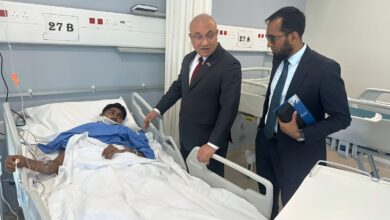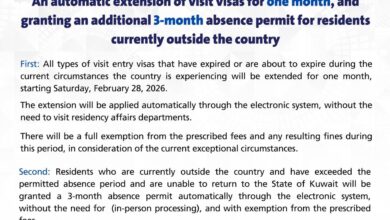
According to a report by ‘Quick Research for Economic Research’ the pharmaceutical market in the Gulf countries is expected to surpass, $12 billion from 2024 to 2030, registering a 50% growth rate.
The report stated that the pharmaceutical market in the “cooperation” countries represents a distinctive landscape, influenced by the unique challenges and opportunities in the healthcare sector at the regional level. Population growth and increasing urbanization have led to new dynamics in drug consumption patterns.
The report highlighted that the management of chronic diseases has become a major driver of drug consumption in the Gulf countries, and the spread of metabolic syndrome in the region has created significant markets for related medications.
For example, in Oman, approximately 40% of its adult population requires regular medication for conditions such as high blood pressure, diabetes, or blood diseases. This has led to the establishment of specialized centers focused on managing chronic diseases.
Meanwhile, there has been significant progress in local manufacturing capabilities, particularly in specialized therapeutic fields. These developments mark a shift from basic manufacturing to more advanced pharmaceutical production.
The upcoming Pharmaceutical City project in Qatar illustrates the region’s commitment to achieving self-sufficiency in pharmaceutical manufacturing.
The Oncology pharmaceutical sector has experienced extraordinary growth across the GCC, driven by rising cancer diagnosis rates and enhanced access to treatment options.
The new Cancer Centre in Kuwait and the National Cancer Program in Qatar have developed comprehensive protocols for cancer care, driving up demand for specialized Oncological drugs. This has attracted investments from international pharmaceutical companies, leading to the establishment of several regional Oncology product distribution centres in Dubai Healthcare City.
The over-the-counter drug market has seen a significant shift, particularly in response to changing consumer behaviors. The reclassification of some prescription drugs into over-the-counter drugs in certain Gulf countries has expanded the self-treatment market. This has led to new regulations, allowing only pharmacies to sell over-the-counter products, creating new market opportunities.
Source: Al Anba












